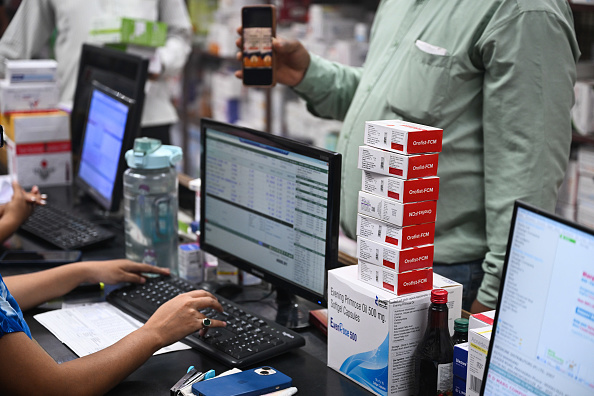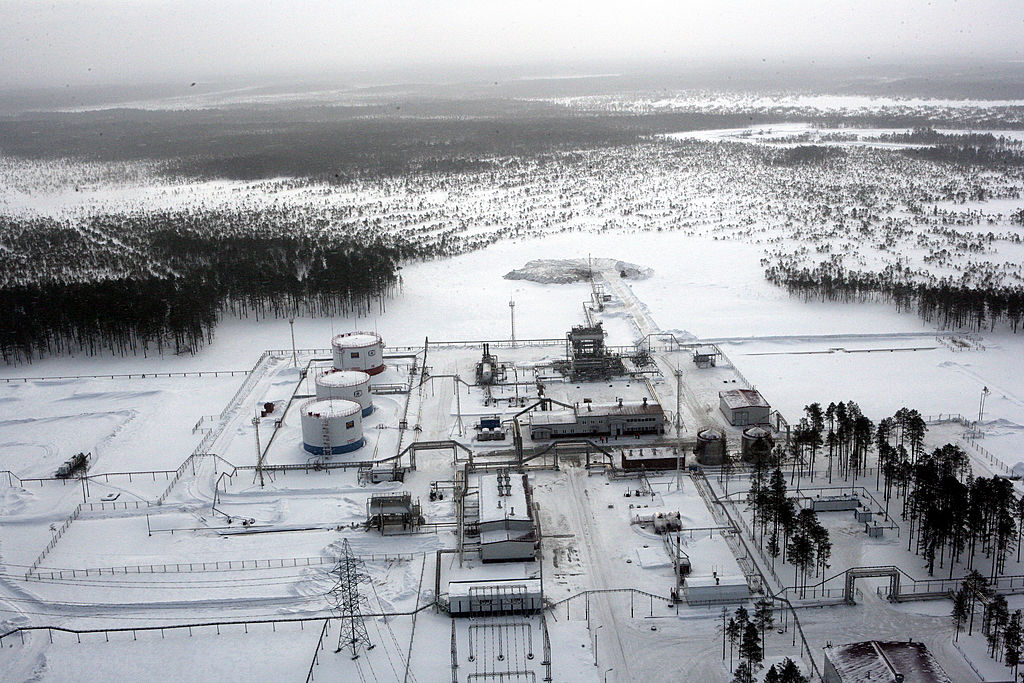Amid growing geopolitical strain and supply chain vulnerabilities, Belgium’s health ministry has called for medicine security to be treated as a matter of national defence.
The push came as Brussels positioned itself at the heart of Europe’s pharmaceutical strategy — both as a key player and as a potential casualty if that strategy failed.
Gloria Ghéquière, Deputy Head of Belgium’s health ministry, had said on April 30: “We should definitely strengthen our defence capacity but also our medicine supply chains, because actors like China and Russia first try to destabilise you and undermine you.”
“Medicine security issues should not be underestimated in this defence story — that would be a very stupid mistake to make.”
She was speaking at a Brussels think-tank event centred on the European Commission’s forthcoming Critical Medicines Act (CMA), introduced on March 11, 2025. It was designed to monitor production, stockpiling, procurement and cross-border distribution of a predefined list of critical medicines — but risked becoming “just another layer” without clear operational tools.
Belgium sits at the heart of Europe’s pharmaceutical ecosystem. According to pharma.be, which represents Belgium’s pharmaceutical industry, the country is a top European player in biopharma, employing more than 30,000 people and investing more than €1.5 billion annually in private research and development.
Biopharmaceutical products made up more than 10 per ent of total Belgian exports, with an export value of €213 million per day. The sector has delivered a positive trade balance and contributed significantly to the Belgian economy but it remained dependent on international supply chains for raw materials and active pharmaceutical ingredients (APIs), according to several reports from Belgian news agency Belga.
Belgium’s pharmaceutical strength was also reflected in its trade figures. In 2023, the country recorded a pharma trade surplus of €9.2 billion, making it one of the European Union’s top medicine exporters.
Around 20 per cent of Belgium’s pharmaceutical exports went to the US — a flow that could be disrupted if Washington’s recent trade probes led to tariffs, according to Belga.
Belgian officials have warned that such measures would disproportionately hurt small, export-driven economies such as theirs, where multinational production hubs operated with integrated supply chains.
The Pfizer plant in Puurs (Antwerp’s surroundings) — Belgium’s second-largest globally — has already laid off workers post-Covid.
On May 2, Pfizer announced new cost-cutting efforts — including automation, AI, and digital tools — to save $1.2 billion due to sluggish sales. This follows an October 2024 layoff of 255 workers in Puurs.
A 25 per cent US tariff on pharmaceuticals could cost the Flemish economy at least €500 million per year, with up to 31,000 pharma jobs at risk nationwide, Belga reported.
Mid-April, the US launched a Section 232 investigation into pharmaceutical imports on national-security grounds, which EU officials qualified as unfounded, as the co-operation on medicines thus far benefitted both blocs.
This was echoed by Thibaut L’Ortye, senior director of public affairs at AmCham EU, the body representing US companies operating in Europe.
He warned that the administration of US President Donald Trump’s “national-security” mindset could backfire. He said US companies did not consider pharmaceutical imports from the EU as a threat at all.
“American firms are major investors in European pharma manufacturing”, he said, adding they often used the EU as a platform to serve global markets.
Ghéquière called for structured intelligence-sharing across member states to prevent a failure at a single point. During the Covid pandemic, she noted, “our finished product was in the US, which had an export ban.”
Alongside US tariffs, shifts in Asian regulations could hamper the EU and Belgium in particular.
In March 2025, India imposed new restrictions on medicine exports, following a surge in domestic demand and concerns over API availability.
The decision shocked European buyers and reignited fears of over-dependence. India accounted for a huge share of European medicine imports — both in finished generics and APIs — with some estimates placing Indian-made inputs in more than 50 per cent of all EU hospital-dispensed generics.
Problems had already been building. In 2023 and 2024, multiple Indian-made products were flagged for quality failures, including contaminated cough syrup and substandard antibiotics.
The EU needed a presence on the ground, “an inspector there”, Ghéquière said, similar to how European aviation or food-safety controls were handled abroad.
She also raised the idea of including “crisis clauses” in EU-India trade negotiations so medicine exports could not be blocked without advance warning — or at least joint co-ordination.
On May 2 2025, India’s Commerce Minister Piyush Goyal met in Brussels with Belgian Minister of Defence and Foreign Trade Theo Francken and Flanders Minister-President Matthias Diependaele to “deepen investments in strategic sectors such as semiconductors, clean energy, defence production, and pharmaceuticals.”
Yet, “diversification sounds good, but is difficult to implement,” Ghéquière added. “Because not so many countries produce pharmaceuticals — and half of them are cancelled right now.”
Above all, Belgium has insisted that medicine security must be woven into Europe’s broader resilience and defence planning.
“Healthcare is about people but also Europe’s security,” Ghéquière concluded.





